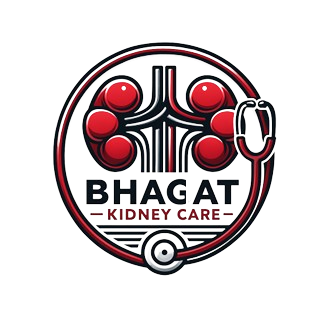What is Renal Hypertension?
Renal hypertension is a type of high blood pressure caused by problems with the kidneys. In many cases, the kidneys help control blood pressure. However, when the blood vessels in the kidneys become narrow or blocked, blood pressure can rise. This condition is also called kidney-related high blood pressure. It can affect people of all ages, but it is more common in adults. In the United States, renal hypertension is a leading cause of secondary high blood pressure.
Common Symptoms
Often, renal hypertension does not cause clear symptoms at first. Still, some people may notice signs as the condition worsens. Early detection is important. Watch for these symptoms:
Sometimes, people only learn they have renal hypertension during a routine checkup. Therefore, regular blood pressure checks are important.
Causes and Risk Factors
Renal hypertension happens when the blood flow to the kidneys is reduced. This can be due to:
Several risk factors can increase your chances of developing this condition. For example, you may be at higher risk if you have:
Because these factors can add up, it is wise to manage your health early.
How Renal Hypertension is Diagnosed
Doctors use several tests to diagnose renal hypertension. First, they will check your blood pressure. If it is high and hard to control, they may look for kidney problems. Common tests include:
Early diagnosis helps prevent kidney damage and other health issues. If you have risk factors, ask your doctor about screening for kidney-related high blood pressure.
Treatment Options
Treatment for renal hypertension aims to lower blood pressure and protect the kidneys. Your doctor may suggest:
In addition, regular checkups help track your progress. Following your treatment plan can lower your risk of heart attack, stroke, and kidney failure.
Lifestyle Tips for Managing Renal Hypertension
Along with medical treatment, healthy habits can make a big difference. Try these tips:
Even small changes can help control blood pressure. Over time, these steps can protect your kidneys and heart.
Prevention Strategies
While not all cases can be prevented, you can lower your risk. For example, you can:
Because early action is key, talk to your doctor if you have any risk factors. Prevention can help you avoid serious health problems later.
Consult a healthcare specialist for personalized advice on renal hypertension.

